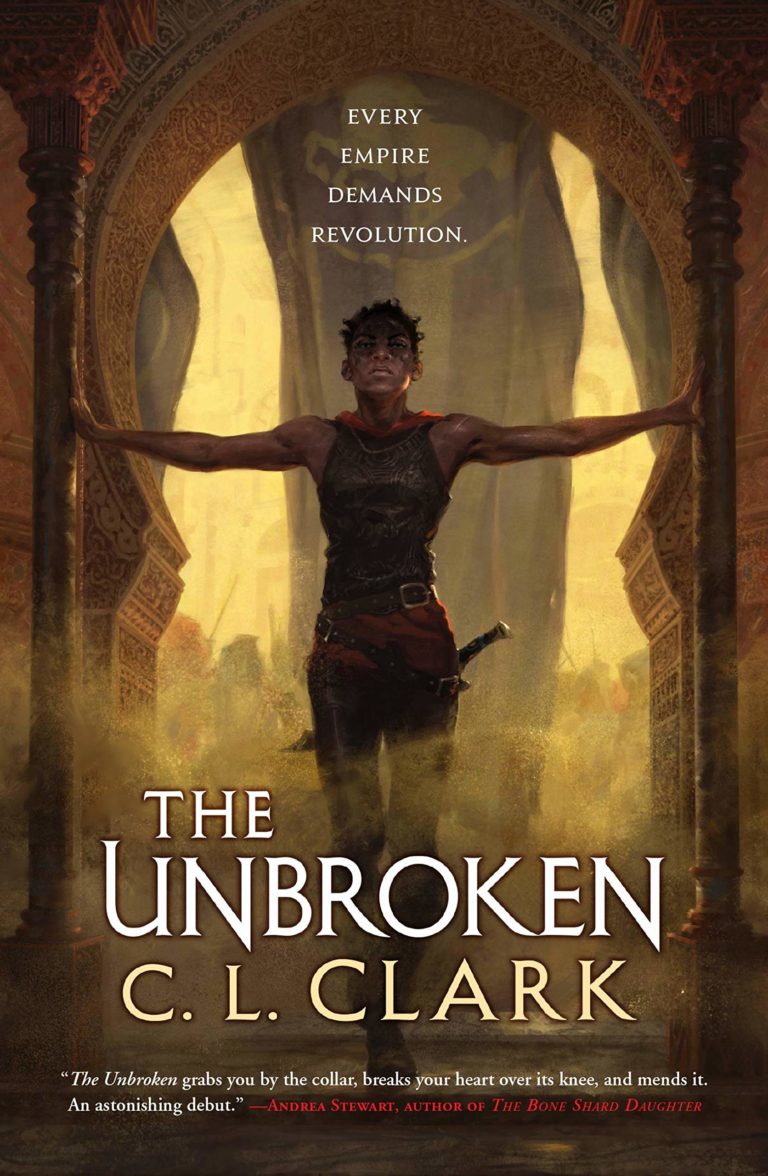

This struggle comes across in a poignant, heart-aching way. Mistreated by those who’d raised them (complete with the entire Stockholm syndrome package), and continuously derided for the fact that they’d shed their roots in favour of the empire. But that often doesn’t work out that way, does it? Ultimately they don’t fit in the empire’s culture (not to add the stress of being seen as a group less than human), and then they don’t fit in their home culture either – ending up with no real home. Themes abound are people being taken from their home as children by an empire, with the intention of assimilating them into the empire’s culture. It was disturbing, it was poignant, and more importantly – it is eye opening to the more gray areas of colonisation. While I very much appreciated the exciting world-building based on North Africa, I found myself appreciating this book’s take on Franco-African relations more. There isn’t enough SFF that deals with colonialism, and I’m frankly happy that more and more SFF is starting to tackle this topic. So, I hope you all can be satisfied with this ramble-fest instead! Review

It was the sweeping epic I needed, and I found that reviewing it in a critical lens was somewhat beyond my capacity. Not because I hated it, but because it was so good.

The Unbroken is one of those titles that I have a hard time reviewing. Through assassinations and massacres, in bedrooms and war rooms, Touraine and Luca will haggle over the price of a nation. Someone who can sway the rebels toward peace, while Luca focuses on what really matters: getting her uncle off her throne.

Luca needs a turncoat. Someone desperate enough to tiptoe the bayonet’s edge between treason and orders. But now, her company has been sent back to her homeland to stop a rebellion, and the ties of blood may be stronger than she thought. Touraine is a soldier. Stolen as a child and raised to kill and die for the empire, her only loyalty is to her fellow conscripts.


 0 kommentar(er)
0 kommentar(er)
